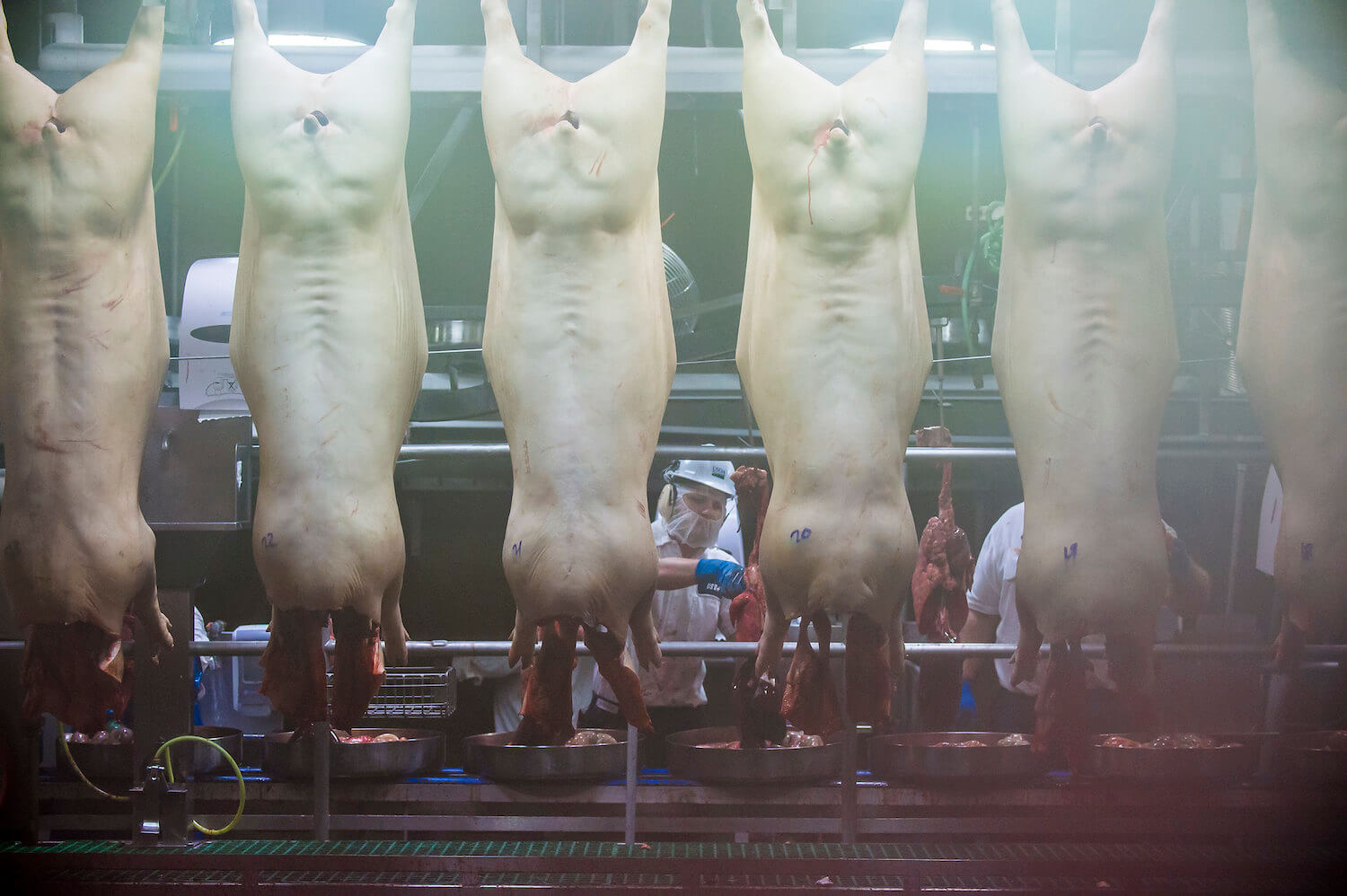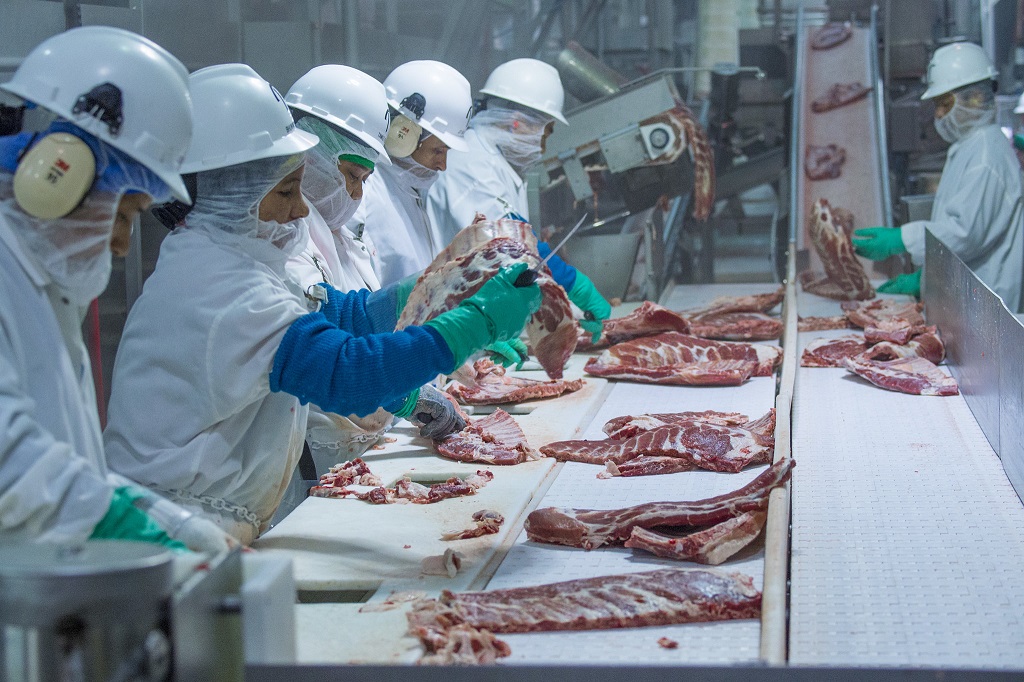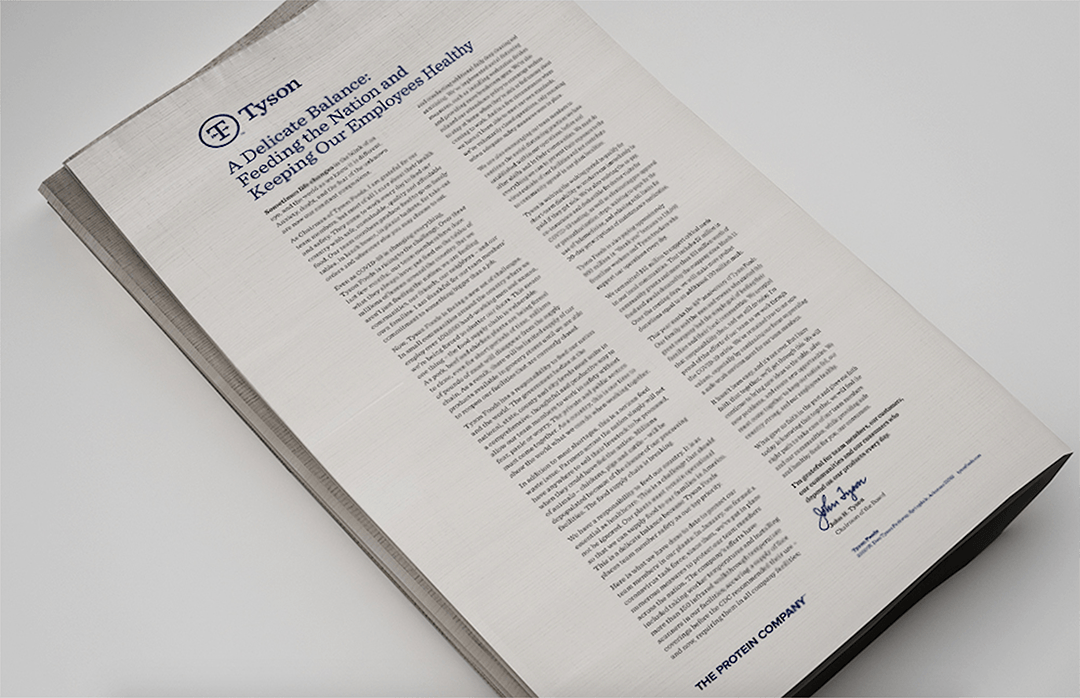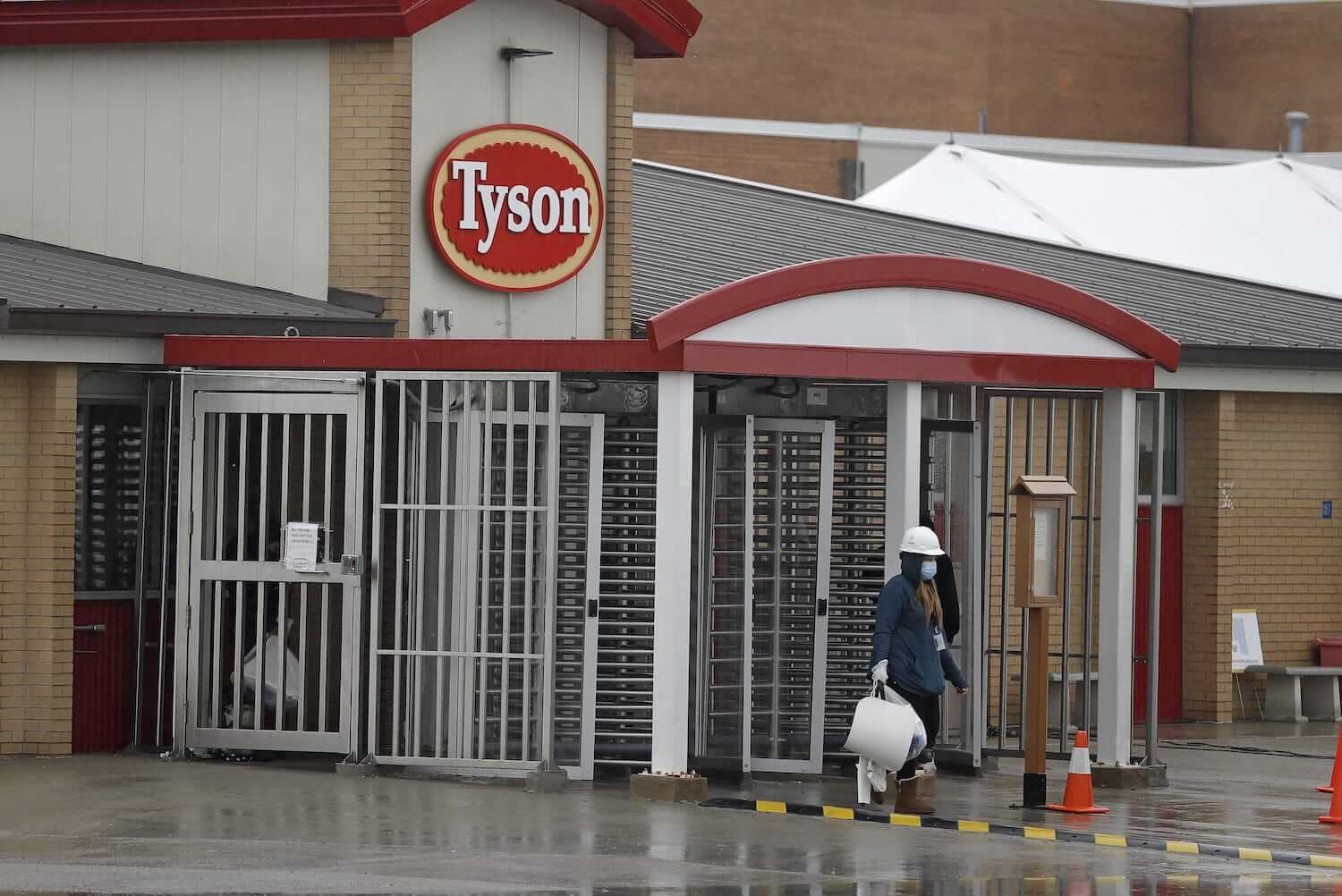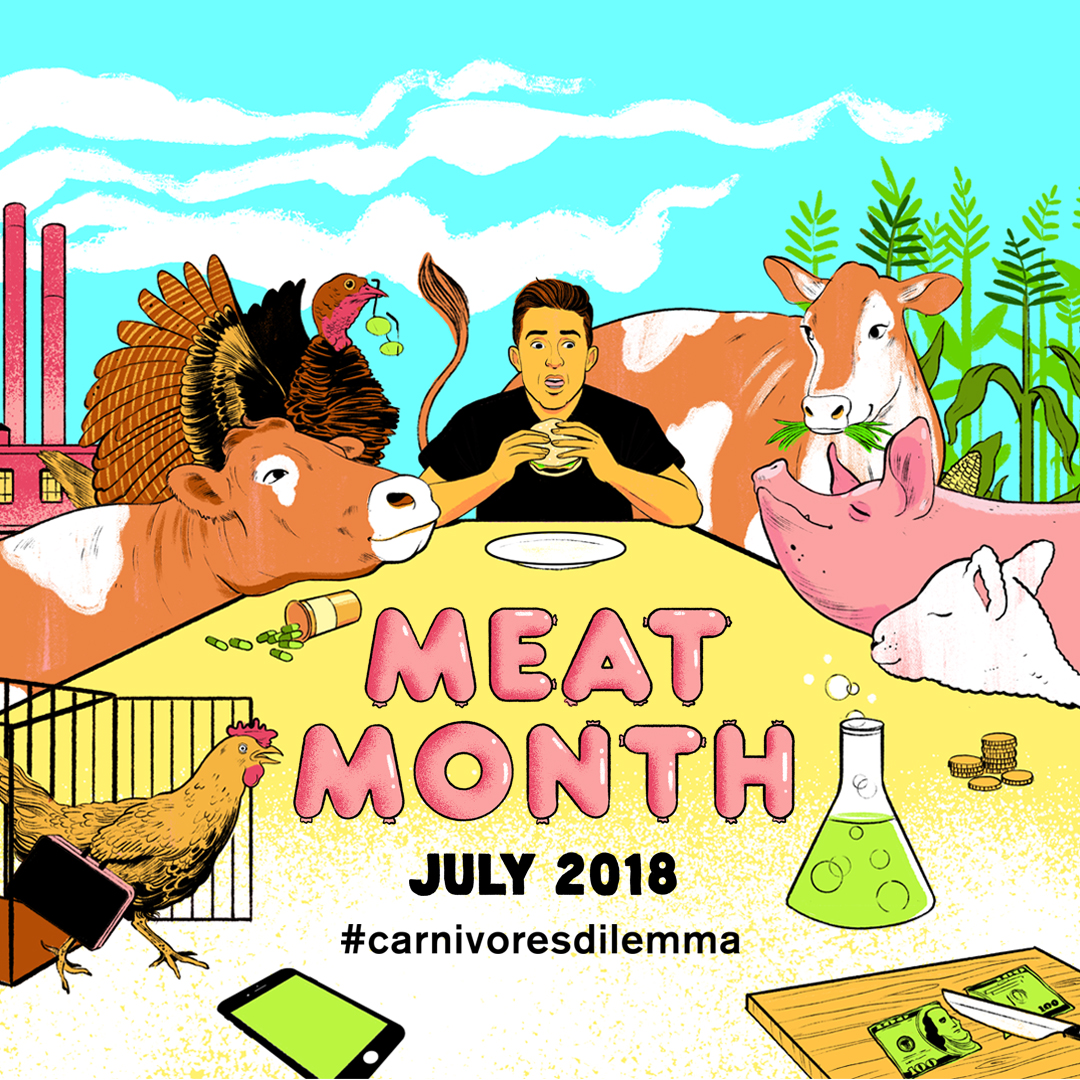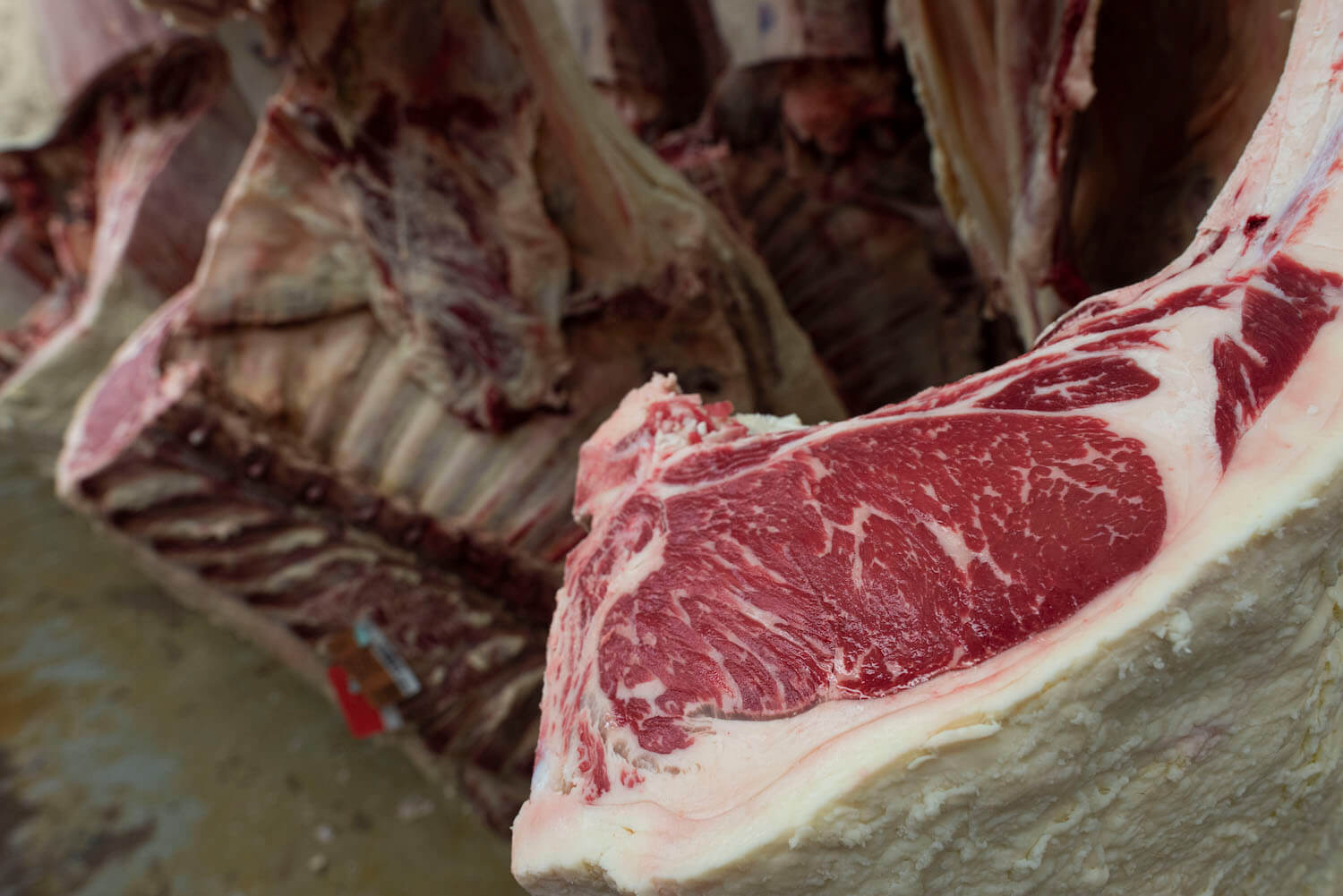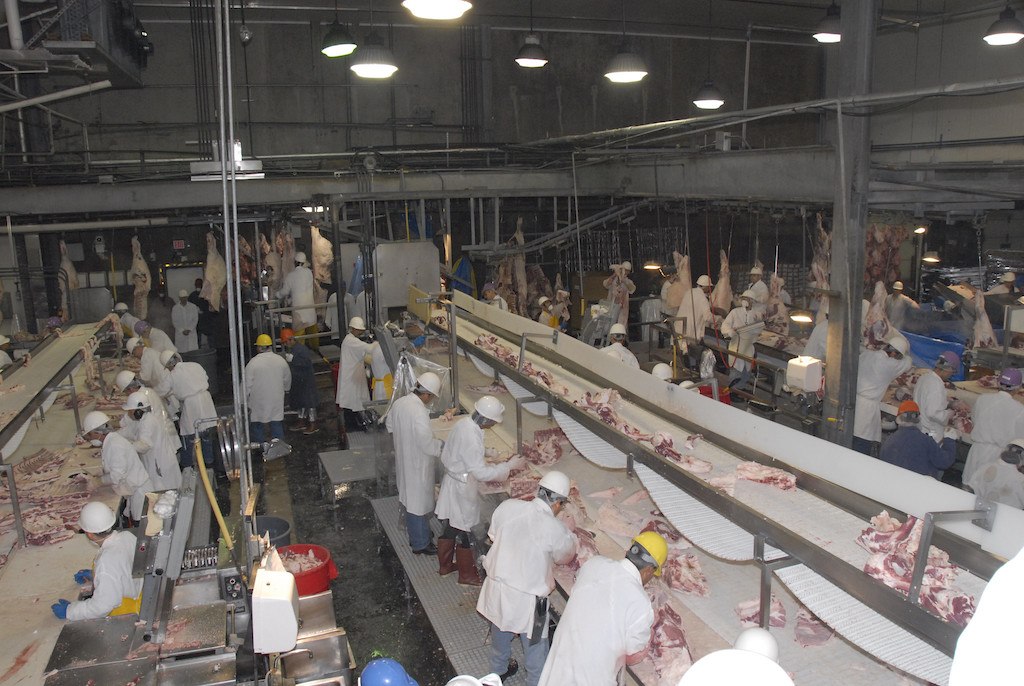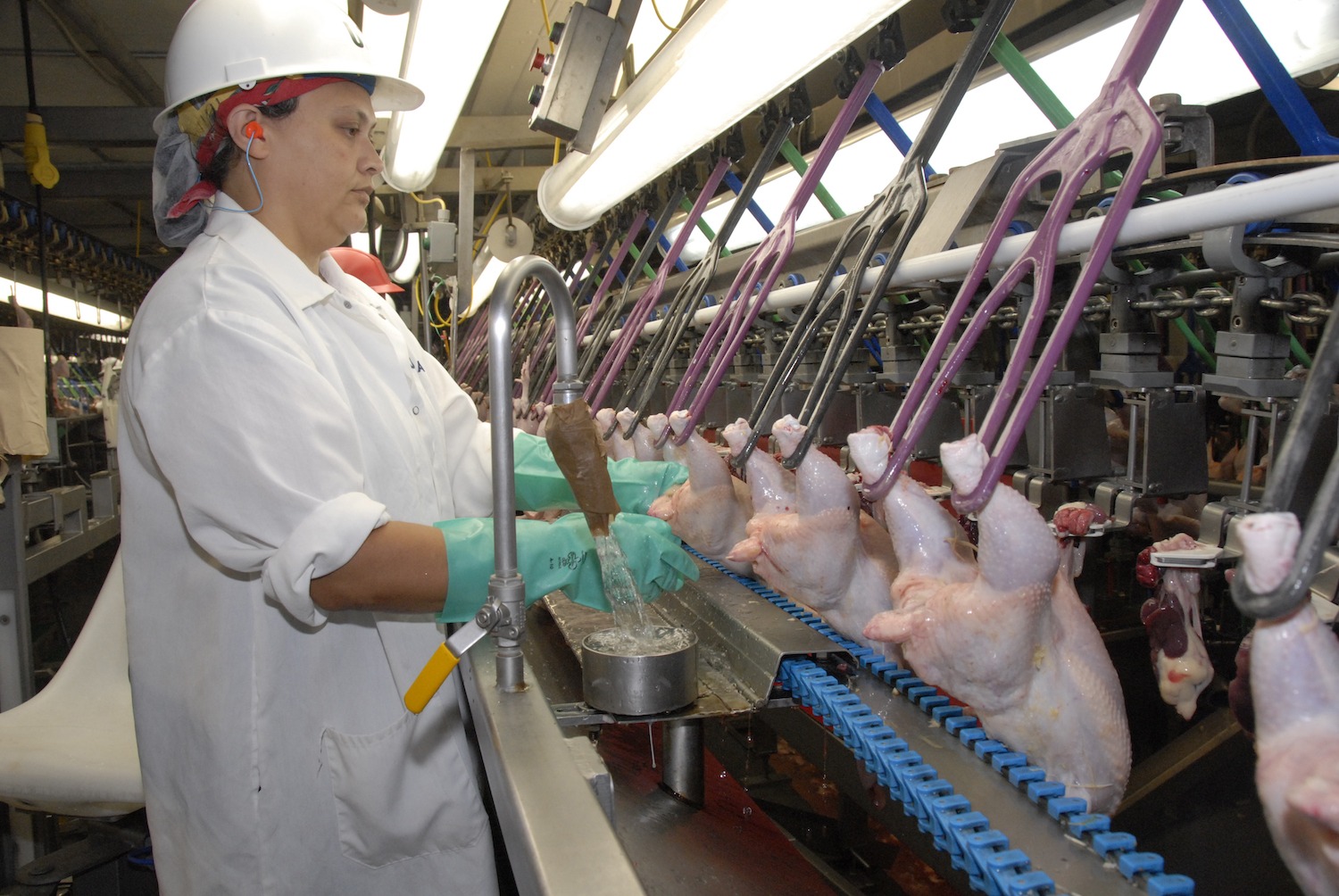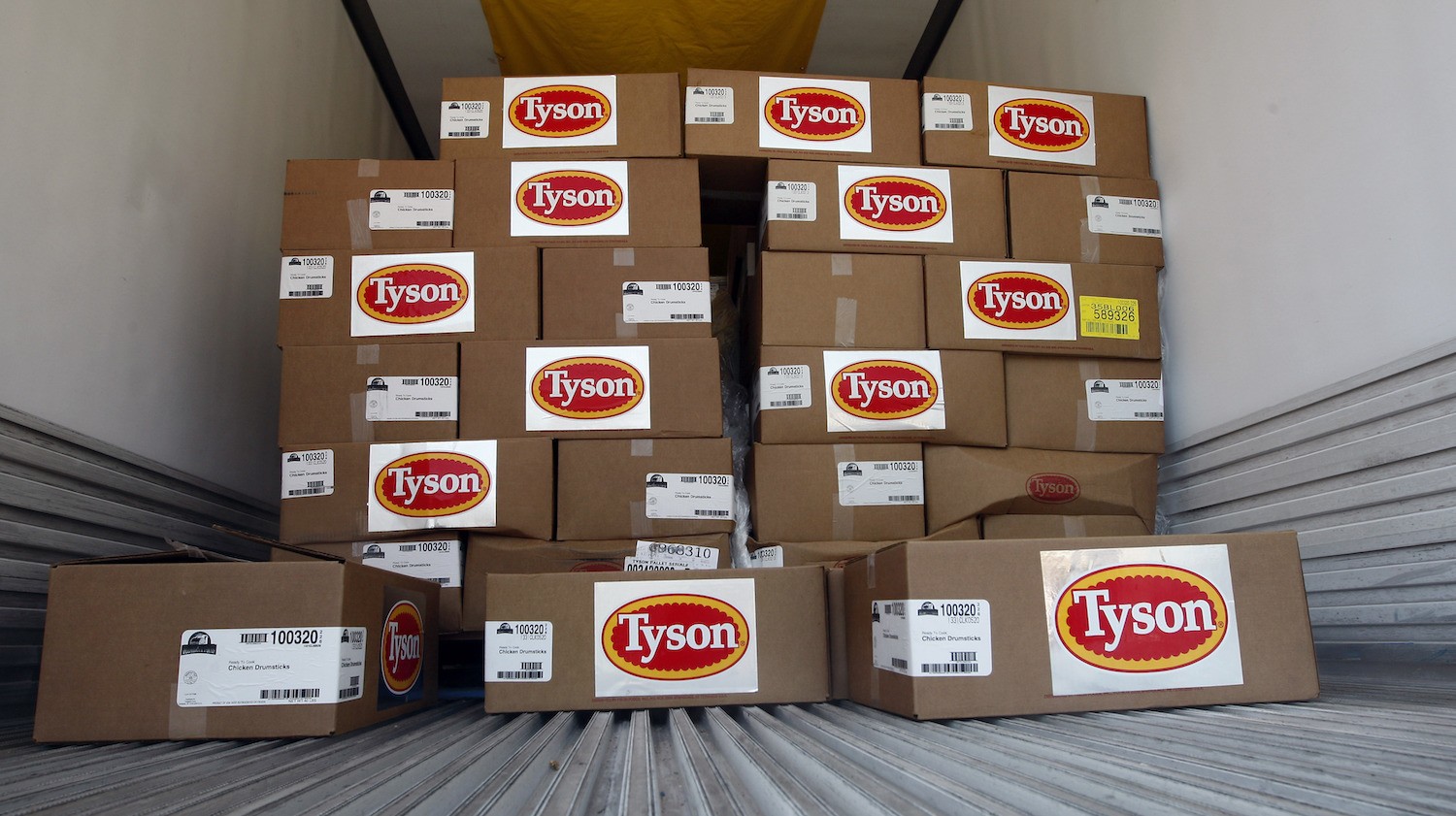Two high-profile senators are demanding to know why.
Democratic Senators Elizabeth Warren and Cory Booker on Monday sent a letter to four major meat companies—Smithfield, Tyson, Cargill, and JBS—accusing them of manipulating the Covid-19 crisis to “achieve substantial deregulatory measures” that permitted them to stay open in the name of feeding the American public, while they exported record amounts of pork and other meats to China.
In a statement to The Counter, Senator Warren wrote that these companies “shipped a record amount of meat to China while scaremongering the American people—all so they could raise prices for consumers and exploit their workers. These giant meatpackers owe us answers on why they manipulated a global pandemic to profit.”
On April 12, Smithfield Foods CEO Kenneth Sullivan wrote in a press release that the closure of a major processing facility, “combined with a growing list of other protein plants that have shuttered across our industry, is pushing our country perilously close to the edge in terms of our meat supply.” Then, on April 26, John Tyson, chairman of Tyson Foods, published a newspaper ad that included this dire proclamation: “the food supply chain is breaking.”
“These companies shipped a record amount of meat to China while scaremongering the American people—all so they could raise prices for consumers and exploit their workers.”
Tyson’s plea came amid a string of plant closures that backed up slaughter operations and left farmers with nowhere to send animals whose market value diminished by the day. It also coincided with announcements from the United Food and Commercial Workers Union (UFCW), which represents some 250,000 industry employees, that as many as 5,000 workers had contracted the virus. The union has since updated its numbers: based on internal estimates, at least 13,150 meatpacking workers have been infected or exposed to Covid-19, and 57 workers have died from the virus.
What came next was a page out of Supply and Demand 101: the supply chain hiccuped, consumer demand surged on news of shortages, U.S. meat prices spiked, and some grocery stores put limits on how much meat customers could buy at one time in order to control their inventory.
Shortly after Tyson’s very public S.O.S., President Trump signed an executive order designating meat packing facilities “critical infrastructure” and invoking the Defense Production Act, which required plants to stay open and offered liability protection, even as workers continued to test positive for the virus in large numbers and put surrounding communities at risk. At one point, a Smithfield Foods plant in South Dakota was the largest coronavirus hot spot in the U.S.
The U.S. exported more than 810 million pounds of pork to mainland China from January through April 20 of this year.
But the dreaded meat supply chain apocalypse never really materialized.
The U.S. keeps food stockpiles in cold storage, including pork loins, which reached an all-time high of nearly 50 million pounds in February, according to the United States Department of Agriculture (USDA). And while thousands of restaurants were closed and institutional purchasers ceased operations during nationwide lockdowns, reducing sales in this country, U.S. pork exports to foreign countries, and to China in particular, were setting new records.
The U.S. exported more than 810 million pounds of pork to mainland China from January through April 20 of this year, according to the most recent numbers available from USDA, and a new record. Last year over that same time period, the U.S. exported slightly less than 150 million pounds.
“We posted a chart noting the first quarter total was record-high,” wrote Fred Gale, a senior economist at USDA, in an email, noting that the totals for January through April were almost certainly a record, too.
China is the world’s largest consumer of pork, and its own production was not only interrupted by the Covid-19 pandemic, but also by a 2018 outbreak of African swine fever, which kills infected animals within days, and prompted the country to increase its pork imports.
“We posted a chart noting the first quarter total was record-high.”
The letter from Warren and Booker follows the launch of a Department of Justice (DOJ) investigation into the country’s biggest meat companies for possible antitrust violations, an issue that Booker in particular has put forth a number of bills to address. He also recently reintroduced the Farm System Reform Act, which calls for a moratorium on large concentrated animal feeding operations (CAFOs), and requires country of origin labeling on beef and pork—a matter of special significance to smaller-scale producers of grass-fed beef.
As for pork production in the U.S. overall, business is booming.
The June outlook released by USDA’s Economic Research Service on Wednesday shows that the pork processing industry is “on the rebound.” Pork production for 2020 is expected to be even higher than it was last year.
